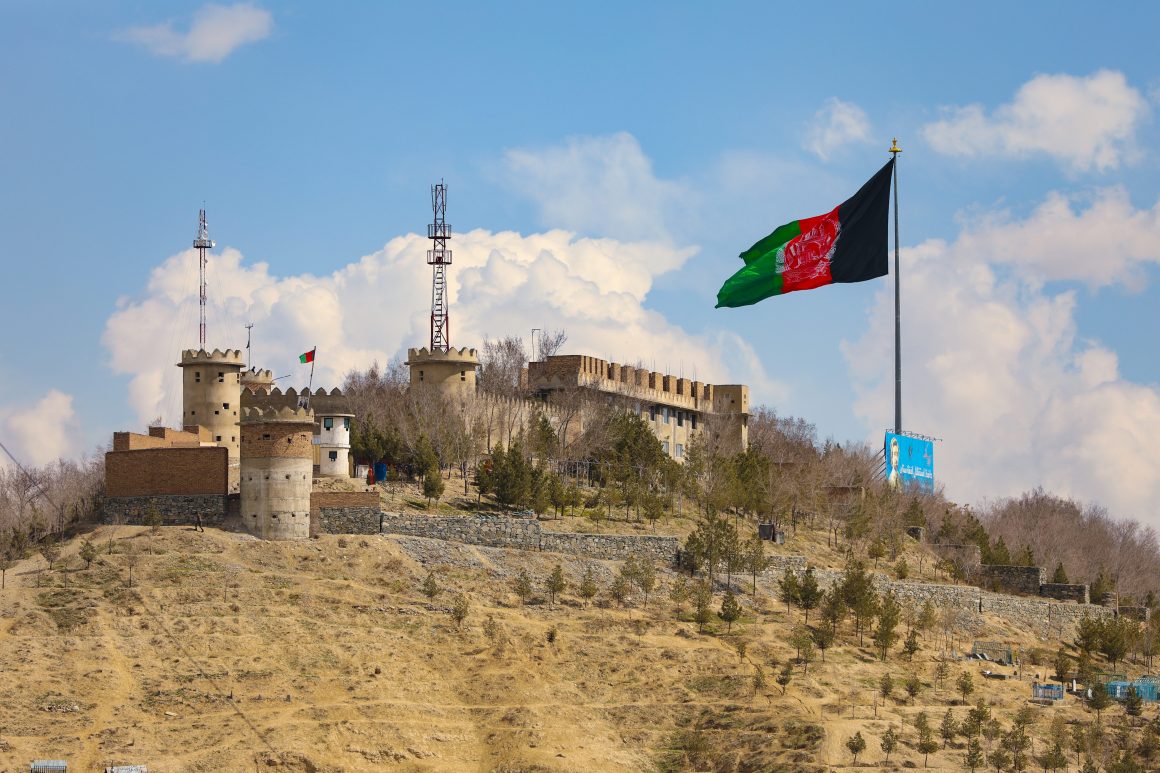This post was originally published on 3rd party site mentioned on the title ofthis site

The involvement of civil society members was a contentious issue during the second Doha meeting, leading to the Taliban’s refusal to participate.
The spokesperson for the Taliban, Zabihullah Mujahid, stated that discussions regarding their delegation’s attendance at the third Doha meeting on Afghanistan are ongoing, with no final decision made yet.
Mujahid mentioned that an official announcement would be made by their Ministry of Foreign Affairs if they choose to participate. While a previous attendee of the UN’s earlier Doha meetings suggested that the Taliban are likely to join the third session, debates persist regarding the composition of their delegation, whether ministerial or a special representative, as reported by Amu.
Faiz Mohammad Zaland, a representative of Afghan civil society present at the second Doha meeting, noted that the Taliban’s participation is conditional, with negotiations ongoing regarding the level of their representation.
The United Nations confirmed that the third Doha meeting, involving special representatives for Afghanistan from various countries, is scheduled for June 30 and will span two days.
The primary objective is to “increase international engagement with Afghanistan in a coherent and structured manner,” as stated by the spokesperson for the UN Secretary-General, Stephane Dujarric, during a recent press briefing.
Dujarric also discussed the recent visit of UN Under-Secretary-General Rosemary DiCarlo, who held discussions with Taliban officials. During her visit, DiCarlo invited Amir Khan Muttaqi, the Taliban’s foreign minister, to participate in the third Doha meeting.
Taliban Deputy Prime Minister for Political Affairs Mawlawi Abdul Kabir emphasised that their participation in the meeting is contingent on the world’s acceptance of the interim government’s demands.
The UN spokesperson highlighted that representatives of Afghan civil society would also be in attendance.
The involvement of civil society members was a contentious issue during the second Doha meeting, leading to the Taliban’s refusal to participate.
The Taliban’s deputy chief minister for political affairs Abdul Kabir has stipulated that their participation in the upcoming meeting is contingent upon the acceptance of their “clear position,” reports said.
In a meeting with DiCarlo, Kabir emphasised that Afghanistan is under the Taliban’s complete control, asserting that the country “has an emir who is obeyed.”
In addition to her discussions with Taliban officials, DiCarlo met with several prominent Afghan figures, including former President Hamid Karzai and Abdullah Abdullah, the former head of the High Council for National Reconciliation, in Kabul.
Meanwhile, the Taliban, who returned to rule Afghanistan in 2021, refused to attend the meeting second Doha meeting in February, citing their participation was “unbeneficial” if the UN did not recognise them as the sole representatives of Afghanistan.
In February, during a media stakeout, UN’s Guterres said that the interim government of Afghanistan Taliban has set unacceptable conditions for attending a UN-led two-day meeting on Afghanistan in Qatar.
Guterres rejected the idea that the UN had failed to bring Afghanistan’s de facto rulers to the table because of ineffective communication and said “I received a letter [from the Taliban] with a set of conditions to be present in this meeting that were not acceptable.”
“These conditions denied us the right to talk to other representatives of Afghan society and demanded a treatment that would, to a large extent, be similar to recognition,” the UN chief said during a media stakeout.
The Taliban’s takeover of Kabul in August 2021, following the chaotic withdrawal of the United States and NATO forces, has left the country in a precarious situation.
Despite holding control, no nation recognises the Taliban as Afghanistan’s legitimate government. The UN has cited the persistent bans on female education and employment as major impediments to its recognition.
Since its takeover, the acting Afghan government imposed restricting policies on women and girls, despite initially promising a more open rule when they assumed power.
Women have since been unable to work or receive education, sparking major concern among the international community and rights organisations. The Taliban have barred girls from getting an education beyond the sixth grade and forbid women from going to universities and working in most professions.
Defending their actions, the Taliban insists that these measures are domestic affairs and rejects criticism as unwarranted interference.




